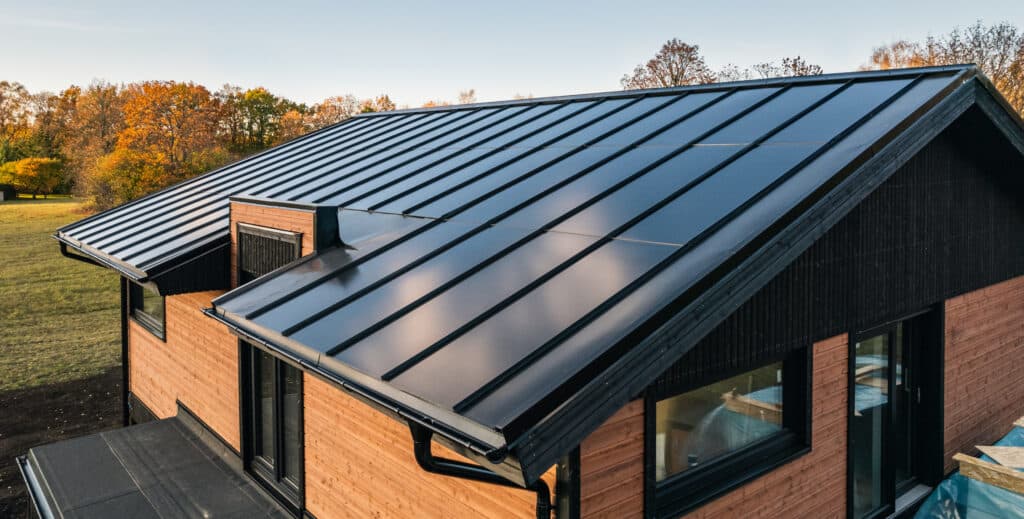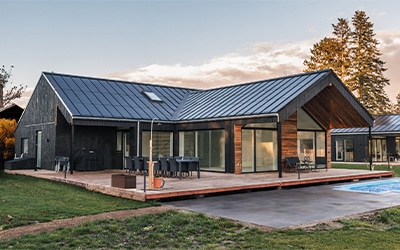With the cost of living crisis affecting thousands of people across the UK, many are looking for ways to reduce their energy bills without sacrificing important facets such as heating and electricity for their homes.
In the blog, Smartly will give you 10 ways to reduce your energy bills, both in the long-term and short-term, so that you can get your energy costs in check.
Let’s get into it!
#1 Always Check Your Bills Closely
With a lot of talk about big energy bills going around, it can be easy to accept the number you see written down and hand over the money to your supplier. However, looking closely at your bills can help you to see any discrepancies.
For example, if you’ve been on holiday and have turned off all of your appliances before leaving, but your bill is still coming in at a high cost – it could show you that something in your home is not energy efficient or there is an issue with your billing.
#2 Switch To Energy Efficient Appliances
Though forking out more money for new appliances may seem like a large investment – it’s an important way to invest in your sustainable future.
You might find that your appliances (in particular, white goods) might be guzzling electricity, driving your bills through the roof. If this is the case, selling your existing appliances and replacing them with energy-efficient ones can be a good way of keeping future bills as low as possible.
#3 Switch To Solar Energy
Unfortunately, it looks like the recent influx in energy prices will be going nowhere soon. This is why it’s important to think about other non-grid-based energy sources that can provide you with alternative energy production.
Solar panels and tiles are a great way to ensure your home can function reliably without energy from the grid. They process solar energy from the sun into energy you can use to power your home. With a solar battery, you can use this energy to power everything from your appliances and your lighting to charging your electric vehicle.
Although the initial cost of the investment may be relatively big, the ROI and future possibilities to live off the grid are fantastic incentives to invest in solar energy now – so you have a solution if grid energy prices continue to climb.
Speak to our Smartly solar experts to discover more about affordable solar energy options.
#4 Add Insulation To Your Home
Insulating your home is a great way to stop heating loss and make your home more energy efficient. Especially in older homes, a lot of energy loss comes from heating escaping through holes in the loft or around windows and doors.
Insulating a space can be as simple as using draft excluders to prevent heat from escaping from windows and doors or as extensive as getting new insulation fitted in the walls and loft of your home. What will be worth your money depends on the heat you’re losing and the severity of the drafts in your home.
#5 Replace Your Light Bulbs
A simple, not-too-expensive way to reduce some energy usage is to switch to low-energy light bulbs. These can be purchased from most supermarkets and DIY stores and can help you lower your energy bills, especially during these dark winter months when the lights are on most of the time.
Energy-saving light bulbs also last longer than traditional bulbs, making them a great sustainable switch for long-term energy consciousness.
#6 Try ‘No Electricity’ Hours
Once a year, for ‘Earth Day’, houses worldwide are encouraged to switch off all of their electrical appliances for an hour. Some daily appliances (like the fridge) will need to remain on, but making a conscious effort to turn off all electrical appliances when out of the house or when you’re not using them can help reduce your bills significantly.
You can even make ‘No Electricity Hour’ a fun, scheduled challenge for kids, encouraging them to learn about sustainability and lower their energy usage from things such as changing Ipads or having a gaming console on the go.
#7 Explore Other Heating Options
Traditional heating is currently sending many people’s energy bills skyrocketing, so it’s a good idea to explore other options whenever possible. Plug-in and battery-operated appliances such as heated blankets and high-efficiency space heaters can help to offer heating without having to turn on your radiators 24/7.
If your house has solar panels, getting a high-quality solar battery to help store energy can be a great way to heat your home using electricity your panels have generated instead of borrowing from the grid.
No matter your energy source, whenever possible, turn your heating off when leaving the house, going to work or away. This will ensure no money is wasted on heat that isn’t being used.
#8 Ask For A Smart Meter
Most energy providers now issue smart meter thermostats to customers. These devices have a screen that helps you see exactly how much energy you’re using each day and how much it costs you. If you have a budget for your monthly energy usage, a smart meter can help you keep on top of it.
Example: If your monthly budget for electricity is £150, you know that in a typical 31-day month, you should spend no more than a max of £3.80 daily. A smart meter can help you see which appliances are using the most energy and when you should try to shut them off.
#9 Reduce Hot Water Usage
Especially in countries like Scotland, where water is included in council tax and not a separate bill, it’s easy to forget that hot water involves just as much heating as your radiators. A couple of good ways to reduce your hot water usage include:
- Get a washing-up bowl – this prevents continuous water use from the tap and allows you to wash your dishes one-by-one.
- Limit your shower time – try only to take one shower a day, and reduce it to less than 10 minutes whenever possible. This will help you to save money on heating your water. You can use your phone timer to help you keep limits.
- Insulate your water tank – insulate your hot water tank and your pipes, so the water stays warmer for longer.
- Avoid baths – though one bath now and again might be a cost you are willing to pay for, regular baths can massively drive up your bills due to the quantity of hot water needed to fill a tub.
#10 Need Help? Utilise Public Warm Spaces
If you’re struggling to keep your home warm or finding the mounting bills too much to keep heating your home, there are a range of public ‘Warm Spaces‘ available across the UK. These spaces are great for working, relaxing or simply taking a break from a cold home environment – allowing you to switch off your heating and bills for a while.
Every warm space offers something different. Many include free food, pay-it-forward schemes, energy-saving advice, debt advice and places to charge your phone and laptop. If you require help with your energy bills this winter, don’t hesitate to contact your local council for help and advice.
Final Thoughts
We hope this list has given you 10 ways to reduce energy bills that will work for you, no matter your current budget or situation.
With the cost of living crisis not going anywhere soon, it can be wise to make bigger investments now, such as in renewable, sustainable energy such as solar panels, to prevent further rising bills later. Long-term solutions will protect and prepare you for the future and help reduce your personal impact on the environment.
For advice on how solar energy can help you save money, get in touch with a member of our helpful solar team. We’d be happy to talk you through the solar panel and solar tile options we provide here at Smartly.



